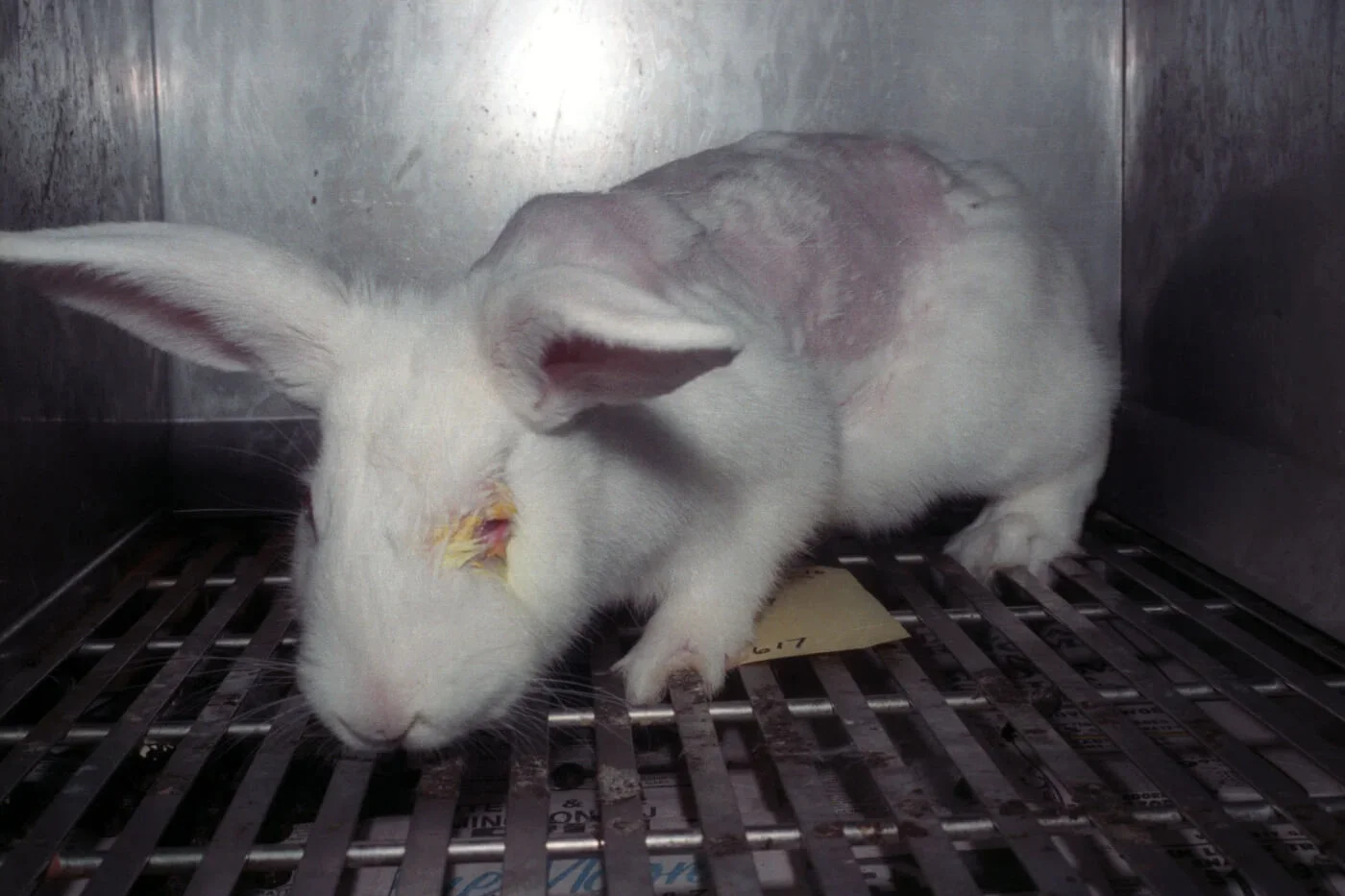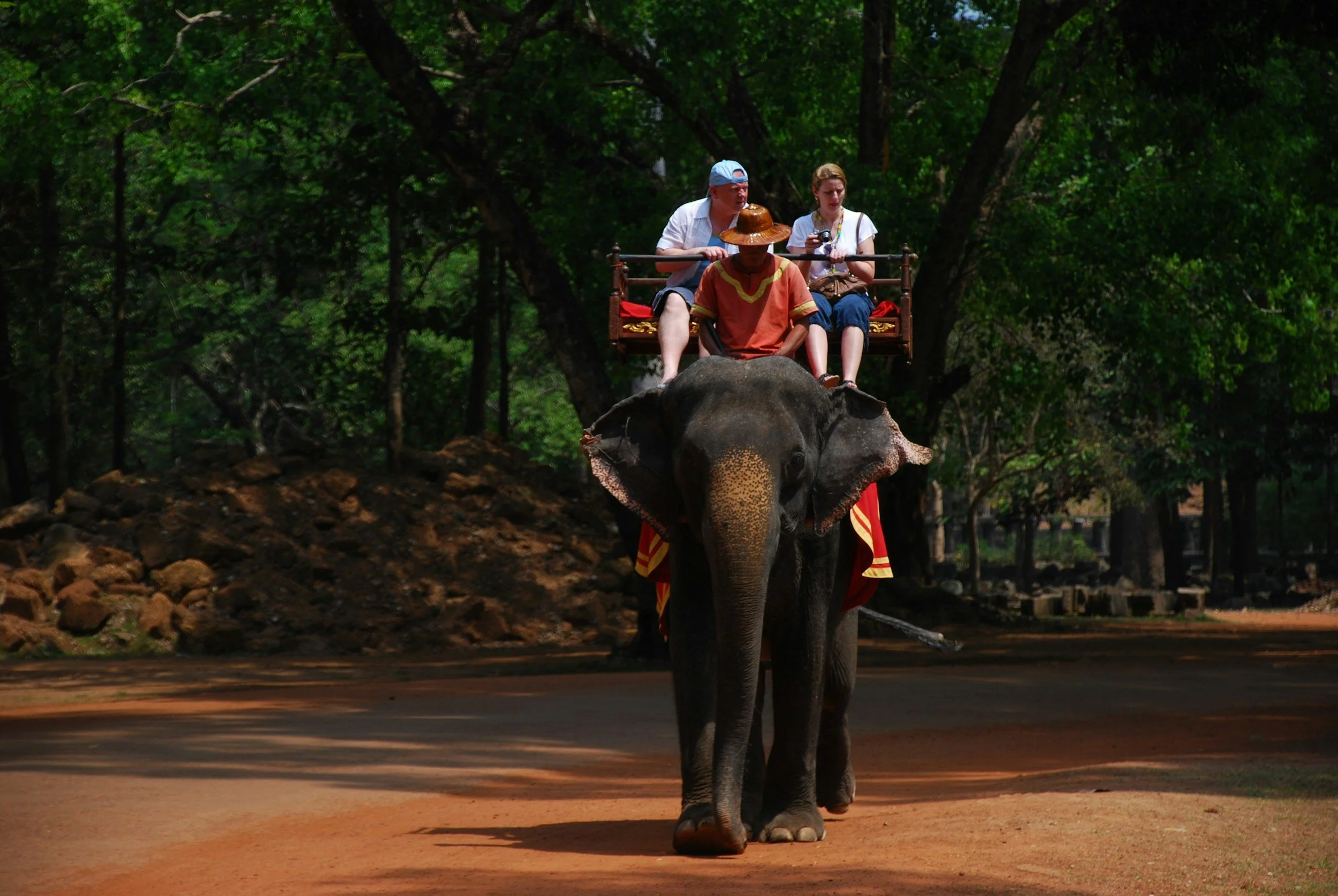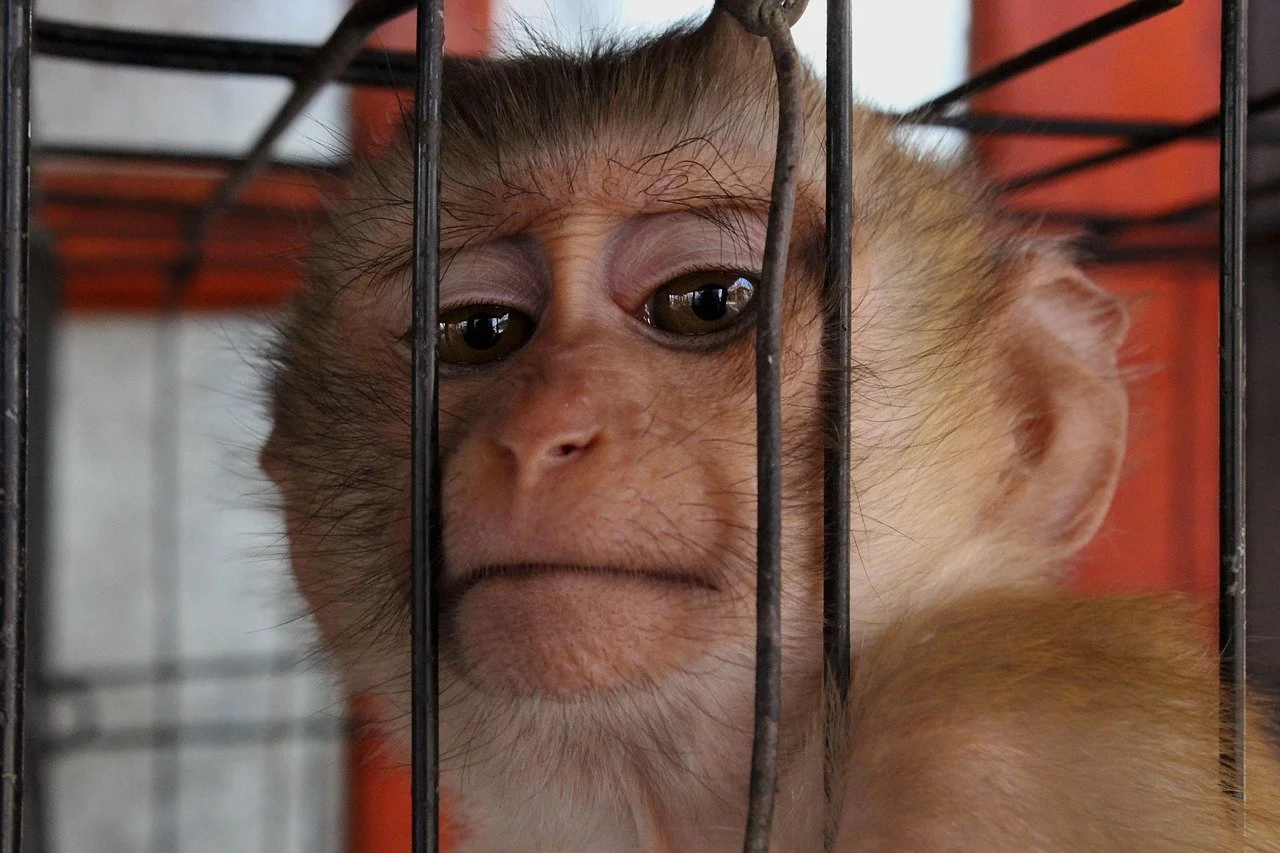US Bill That Would Ban Trophy Hunting Imports of Threatened Species Reintroduced
If passed, the ProTECT Act would also ban domestic hunting of at-risk species in the US.
A bill that seeks to protect endangered animals from the threat of trophy hunting has been reintroduced.
The legislation would outlaw importing a trophy of a species listed as threatened or endangered under the Endangered Species Act. It would also prohibit domestic hunting within the United States of a listed species.
Named the ProTECT Act, the bill was reintroduced on March 22 by Congressman Ted W. Lieu (D-CA) and Congresswoman Sheila Jackson Lee (D-TX).
“Killing and collecting wild animals for the purpose of displaying them as trophies is selfish and cruel, especially when these species are already at risk of extinction,” Rep. Lieu said in a statement.
The bill comes amid strong public support for more action against trophy hunting, with a poll of American citizens revealing that the majority (56 percent) are opposed to hunting animals for sport, and that most Americans (86 percent) are against big game hunting.
While current legislation prohibits the taking and importing of endangered species in the United States, it does not automatically extend to those species who are listed as threatened.
Rep. Jackson Lee labelled trophy hunting as “highly controversial and globally unfavored”, and cited the horrific story of Cecil the lion from 2015 as an example of how the practice has caused global outrage.
“Trophy hunting … enables the killing of thousands of protected wildlife animals every year”, the congresswoman added.
Animal welfare and conservation groups have welcomed the bill’s reintroduction, and pointed out how trophy hunting allows a small and often wealthy minority to have a huge, negative impact on endangered wildlife.
“There is no good reason to cater to the interests of wealthy hunters when the very survival of these species hangs in the balance,” said Susan Millward, executive director of the Animal Welfare Institute (AWI). “Thank you to Representatives Jackson Lee and Lieu for introducing the ProTECT Act, which will ensure that species under federal protection aren’t further victimized by someone looking to mount a head on a wall.”
According to the AWI, there is no credible scientific evidence that trophy hunting benefits conservation. Studies have instead shown that charismatic species are worth more alive as tourist attractions than dead at the hands of a trophy hunter.
Trophy hunting can also have knock-on effects within the structure and viability of already vulnerable wild populations. As big game hunters target the largest, strongest animals for trophies, this process can result in enormous upheaval for surviving members of the groups, and disrupt social bonds and behaviors.
It is estimated that over 100,000 animals are killed by trophy hunting each year, which is an additional pressure for wildlife populations who are already faced with the increasing threat of climate change and habitat loss.
Just earlier this month, calls for a trophy hunting ban in Tanzania were reignited after the killing of a rare “super tusker” elephant, allegedly by an American trophy hunter from Texas. The incident is the third such killing within six months, and has raised fears that the survival of the iconic Amboseli elephant population is now at risk from the "relentless pursuit of trophy hunters”.
We Have A Favor To Ask…
Species Unite amplifies well-researched solutions to some of the most abusive animal industries operating today.
At this crucial moment, with worldwide momentum for change building, it’s vital we share these animal-free solutions with the world - and we need your help.
We’re a nonprofit, and so to keep sharing these solutions, we’re relying on you - with your support, we can continue our essential work in growing a powerful community of animal advocates this year.






